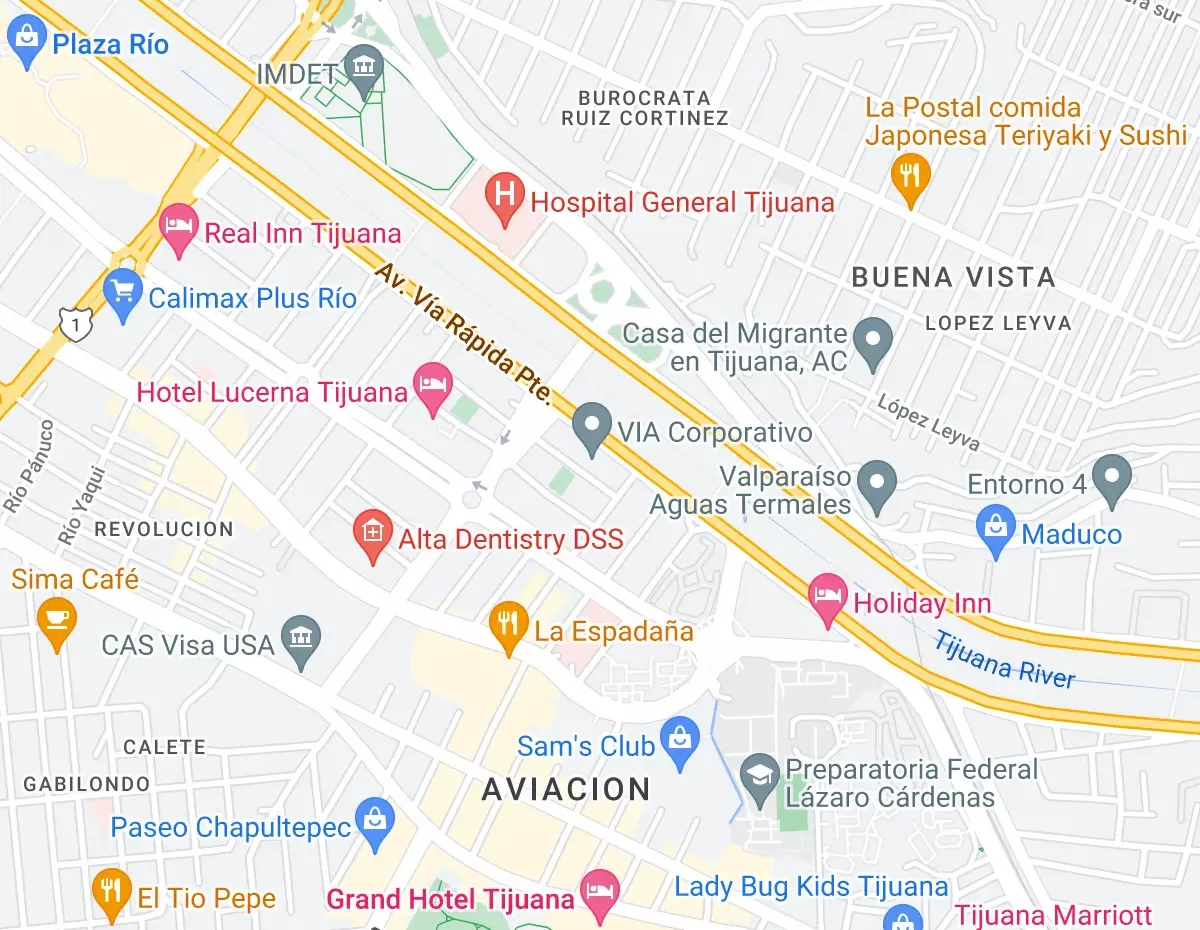You've likely heard of the conventional treatments for Post-Traumatic Stress Disorder (PTSD), but have you considered the science behind alternative therapies? Ibogaine, a naturally occurring psychoactive substance, has been gaining attention for its potential in treating PTSD. It is believed to reset the brain's neurochemistry, disrupting destructive patterns linked to trauma. While it's not a magic bullet, early research suggests it could provide a different path to relief. But how exactly does it work, and what are the potential risks and benefits? Let's explore this intriguing topic further.
Key Takeaways
- Ibogaine interacts with neurotransmitters, notably glutamate and dopamine, impacting the brain's reward system.
- It is proposed that Ibogaine can interrupt destructive neural patterns, providing potential relief for PTSD.
- The therapy aims to trigger a 'neurochemical reset', potentially aiding in the management of PTSD symptoms.
- Despite its potential benefits, Ibogaine is a potent hallucinogen, requiring careful professional supervision due to safety concerns.
- Preliminary clinical trials and patient experiences indicate a significant reduction in PTSD symptoms post-Ibogaine therapy, suggesting potential therapeutic efficacy.
Understanding Post-Traumatic Stress Disorder
While it's not always easy to understand, Post-Traumatic Stress Disorder (PTSD) is a complex mental health condition that you may experience after going through a traumatic event. This could be a car accident, a natural disaster, or an assault. The symptoms can vary widely, from flashbacks and nightmares to feelings of detachment, irritability, and guilt.
Unfortunately, there's a significant PTSD stigma in our society. You may feel judged, misunderstood, or isolated because of your condition. This stigma can prevent you from seeking support and treatment, which can exacerbate your symptoms and prolong your suffering.
It's essential, however, to remember that there's no shame in having PTSD. It's a real, valid condition that requires professional help. There are effective trauma coping strategies that can help you manage your symptoms and improve your quality of life.
First and foremost, it's important to seek professional help. Therapists and psychiatrists are trained to help you navigate your feelings and manage your symptoms. Additionally, support groups can provide a safe and understanding environment where you can share your experiences and learn from others going through the same thing.
What Is Ibogaine?
You might not have heard of it, but ibogaine is a naturally occurring psychoactive compound found in several plant species, most prominently the African shrub known as Tabernanthe iboga. This compound has been used for centuries in traditional African spiritual ceremonies and rites of passage.
You might be curious about the regulatory status of ibogaine. It's a complex issue that varies greatly by country. In the U.S., for instance, it's classified as a Schedule I drug. However, it's used in medical and therapeutic settings in countries like Canada, Mexico, and some European nations.
The traditional uses of ibogaine primarily focused on spiritual awakening and personal growth. Indigenous cultures appreciated its ability to induce profound introspective experiences, often leading to insights and resolutions to personal issues. More recently, it has been gaining attention in the field of addiction therapy. Some studies suggest that ibogaine can help "reset" the brain's addiction patterns, providing a potential lifeline for those battling substance abuse. But remember, it's a powerful substance and should always be used under professional supervision.
Neurochemistry of Ibogaine
Now, let's move on to understanding the neurochemistry of Ibogaine. You'll find it interesting how Ibogaine impacts neurotransmitters in the brain. Also, we'll look at the specific interaction between PTSD and Ibogaine, shedding light on why it's considered a potential treatment.
Ibogaine's Impact on Neurotransmitters
Exploring the neurochemistry of Ibogaine, it is crucial to grasp how this substance affects neurotransmitters in the brain. Ibogaine dosage plays a significant role in neurotransmitter regulation. When you take ibogaine, it interacts with multiple neurotransmitter systems simultaneously. It is recognized for resetting the brain's neural pathways breaking destructive patterns. This effect is believed to stem from ibogaine's impact on the glutamate system, the primary excitatory neurotransmitter in your brain. By modulating glutamate release, ibogaine can assist in regulating emotions and mood. It also influences the dopamine system, which can impact motivation and reward responses. Keep in mind these effects on neurotransmitters are part of what makes ibogaine a potential tool for treating PTSD.
PTSD and Ibogaine Interaction
In understanding the interaction between PTSD and ibogaine, it is crucial to delve further into the neurochemistry of this potent substance. Ibogaine's potential benefits for PTSD cannot be overlooked. This naturally occurring psychoactive substance can fundamentally 'reset' the brain, reducing PTSD triggers and easing symptoms. Ibogaine influences various neurotransmitters in the brain, essentially reorganizing your neurochemistry. It can interrupt PTSD patterns, providing relief from persistent traumatic memories. Although not a cure-all, ibogaine offers a unique approach to managing PTSD. It's worth noting, however, that ibogaine therapy should always be administered under professional supervision due to its potent effects. Through proper use, it could offer a new avenue for PTSD treatment.
Ibogaine Therapy for PTSD
Harnessing the potential of ibogaine therapy, you might find an unconventional yet effective approach to managing PTSD. This therapy is grounded in the use of ibogaine, a naturally occurring psychoactive substance found in plants in the Apocynaceae family. It's been touted for its potential to treat a range of afflictions, including PTSD, drug addiction, and depression.
It is important to be aware of ibogaine's regulatory status. The substance has varied legal statuses worldwide. In the U.S., it's classified for specific uses, while in other countries, like Canada and Mexico, it's more accessible for therapeutic purposes.
Besides the traditional PTSD management alternatives like psychotherapy and medication, ibogaine therapy offers a unique pathway. It doesn't just mask the symptoms but seeks to address the root of the trauma. There's growing interest in this approach, given its potential to provide long-lasting relief and recovery.
Given the significant properties of ibogaine, any therapy involving its use must be conducted under the supervision of professionals, ensuring the safety and well-being of those undergoing treatment.
The Process of Neurochemical Reset
You've learned about how Ibogaine therapy can be used for PTSD, but you might be wondering how it works. This involves a process known as a neurochemical reset. Let's unpack this complex term and explore the role of Ibogaine in restoring neurochemical balance.
Understanding Neurochemical Imbalance
Let's explore the concept of neurochemical imbalance, an essential factor that's often overlooked when discussing PTSD treatment. Your brain chemistry is complex, encompassing a diverse array of neurochemicals. This neurochemical diversity helps regulate mood, emotions, and overall mental health. However, when these chemical levels fall out of balance, it can lead to psychiatric disorders like PTSD. Stress and trauma can disrupt your brain chemistry, leading to an overproduction or underproduction of certain neurochemicals. This imbalance can result in symptoms like anxiety, mood swings, and flashbacks. Understanding this neurochemical imbalance is vital in addressing PTSD effectively. It's about managing symptoms and correcting these imbalances to restore healthy brain function.
Ibogaine's Restorative Mechanism
Now, it's important to explore ibogaine's restorative mechanisms and how it triggers a neurochemical reset in the brain. Despite the controversy surrounding ibogaine legality in some countries, its powerful effects on brain chemistry can't be dismissed. Ibogaine initiates a reset, rewiring the brain's reward system that PTSD disrupts. This process isn't immediate; the treatment duration can span multiple sessions. It binds to receptors in your brain, interrupting the patterns formed by traumatic memories. It's like hitting a reset button, allowing you to form healthier responses to stress. It's not a magic pill but a tool that can provide a foundation for recovery when used correctly. Remember, always consult a professional before starting any treatment.
Safety and Effectiveness of Ibogaine Therapy
While it's true that ibogaine therapy has shown promise in treating PTSD, it's essential to evaluate its safety and effectiveness carefully. The regulatory status of ibogaine varies around the world, which can affect therapy accessibility. In certain regions, regulations can make it challenging for those seeking treatment.
You must also consider the care needed when engaging with ibogaine therapy. The treatment needs to be conducted under the supervision of trained medical professionals. Ibogaine is a potent substance with significant psychoactive properties, and it's crucial to have a healthcare provider who is knowledgeable about its management. Treatment should be personalized and closely monitored.
Yet, with appropriate care and supervision, ibogaine therapy can be considered as part of a comprehensive treatment plan for PTSD. It's about finding a qualified provider and balancing potential benefits and considerations.
Conclusion
To wrap up, it's crucial to consider ibogaine therapy if you're struggling with PTSD. This innovative treatment is designed to recalibrate neurochemistry, correcting neurotransmitter imbalances and rewiring neural pathways. The potential benefits include long-lasting relief from trauma. It is essential to undergo this therapy under professional supervision to ensure safety and efficacy. With New Roots Ibogaine, hope is on the horizon for a healthier, happier life.




